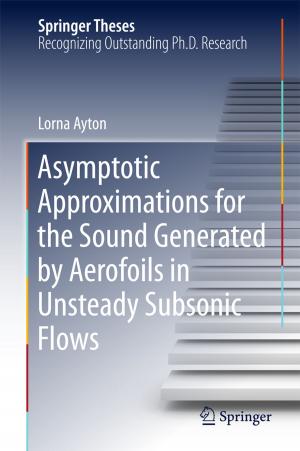The Great Canoes in the Sky
Starlore and Astronomy of the South Pacific
Nonfiction, Science & Nature, Science, Physics, Astronomy, Social & Cultural Studies, Social Science, Anthropology, Nature| Author: | Stephen Robert Chadwick, Martin Paviour-Smith | ISBN: | 9783319226231 |
| Publisher: | Springer International Publishing | Publication: | November 29, 2016 |
| Imprint: | Springer | Language: | English |
| Author: | Stephen Robert Chadwick, Martin Paviour-Smith |
| ISBN: | 9783319226231 |
| Publisher: | Springer International Publishing |
| Publication: | November 29, 2016 |
| Imprint: | Springer |
| Language: | English |
Presenting spectacular photographs of astronomical objects of the southern sky, all taken by author Stephen Chadwick, this book explores what peoples of the South Pacific see when they look up at the heavens and what they have done with this knowledge. From wives killing brothers to emus rising out of the desert and great canoes in the sky, this book offers the perfect blend of science, tradition and mythology to bring to life the most famous sights in the heavens above the southern hemisphere. The authors place this starlore in the context of contemporary understandings of astronomy. The night sky of southern societies is as rich in culture as it is in stars. Stories, myths and legends based on constellations, heavenly bodies and other night sky phenomena have played a fundamental role in shaping the culture of pre-modern civilizations throughout the world. Such starlore continues to influence societies throughout the Pacific to this day, with cultures throughout the region – from Australia and New Zealand in the south to New Guinea and Micronesia in the north - using traditional cosmology as a means of interpreting various aspects of everyday life.
Presenting spectacular photographs of astronomical objects of the southern sky, all taken by author Stephen Chadwick, this book explores what peoples of the South Pacific see when they look up at the heavens and what they have done with this knowledge. From wives killing brothers to emus rising out of the desert and great canoes in the sky, this book offers the perfect blend of science, tradition and mythology to bring to life the most famous sights in the heavens above the southern hemisphere. The authors place this starlore in the context of contemporary understandings of astronomy. The night sky of southern societies is as rich in culture as it is in stars. Stories, myths and legends based on constellations, heavenly bodies and other night sky phenomena have played a fundamental role in shaping the culture of pre-modern civilizations throughout the world. Such starlore continues to influence societies throughout the Pacific to this day, with cultures throughout the region – from Australia and New Zealand in the south to New Guinea and Micronesia in the north - using traditional cosmology as a means of interpreting various aspects of everyday life.















